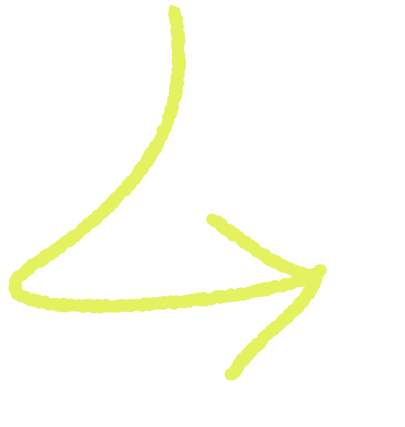In these final weeks your baby may double or more so you'll be feeling the extra weight. You may notice some shortness in breath, physical fatigue and perhaps a slight waddle as your pelvis widens to accommodate your bump. Despite the exhaustion, you might be struggling to sleep. Pregnancy insomnia, due to physical discomfortable, frequent bathroom trips and hormonal changes is (cruelly) experienced by 60 percent of pregnant people in late pregnancy, so take the naps when you can.
The baby is really taking shape now and becoming more active with new tricks such as kicking, stretching, sleeping in more regular cycles and detecting light! .
Let’s talk dates! Even though week 40 is usually when your given due date falls, a baby is actually considered ‘full term’ in Australia (yes, it varies country to country) from week 37. For this reason, having your hospital bag packed and at the door by now is wise in the chance your baby comes early.
If your baby is born before 37 weeks, they’ll be referred to as premature. As you etch towards the 40 week mark, your baby may start to initiate a lower and more ‘engaged’ position, explaining why people may comment, ‘Oh you have dropped!” This simply means they are getting ready to meet you. It’s all happening, so don’t be alarmed if you feel overwhelmed. Trimester 3 can invite clusters of emotions as you prepare to become a mother. If you notice yourself cleaning, sorting, tidying, arranging and re-arranging — this is referred to as ‘the nesting phase’ and it’s likely due to — you got it! — hormones! Stay calm andride the wave. You’re on the home stretch.













































































